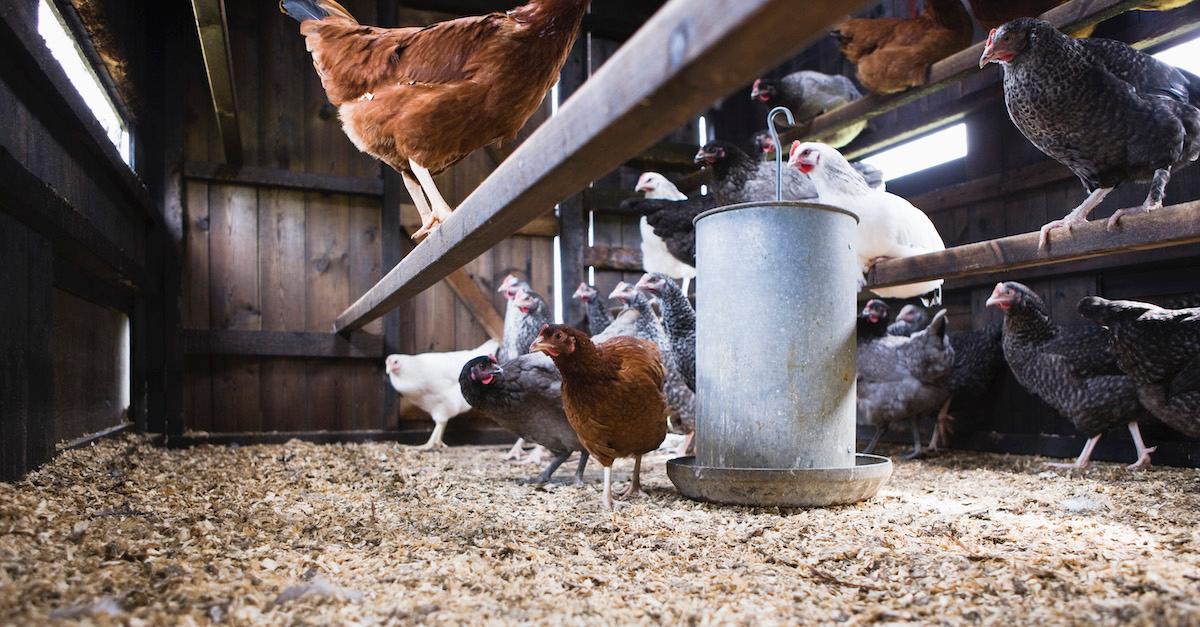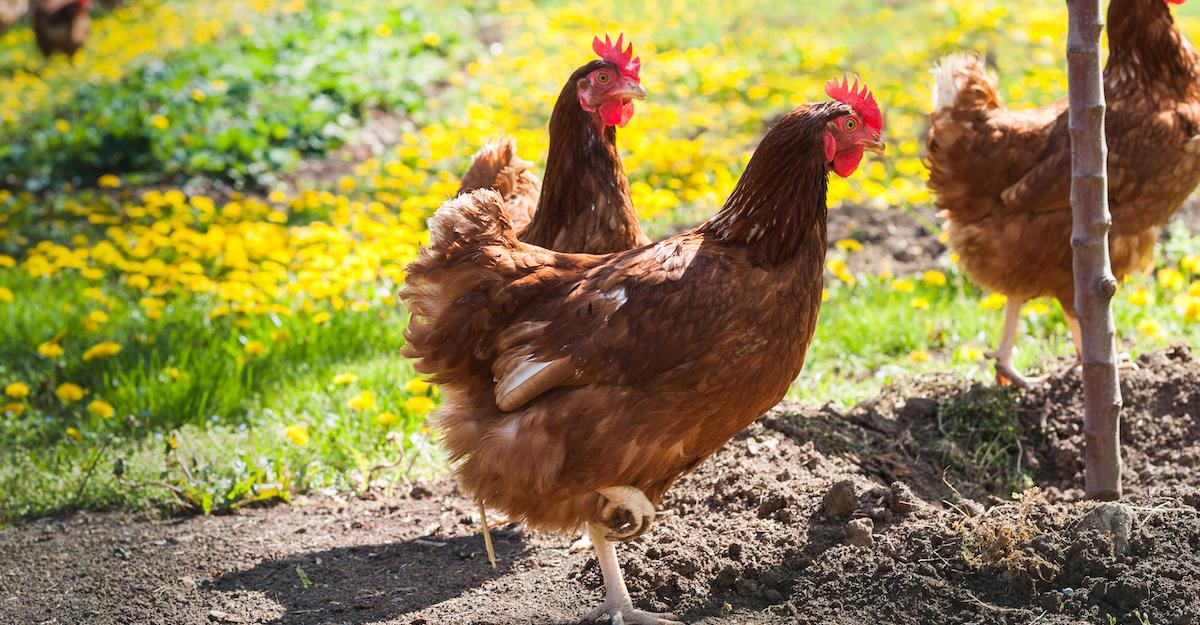Why Are Eggs so Expensive? Bird Flu Is Causing a Continued Egg Shortage
If you've ever looked at your grocery bill and winced, there's a reason: eggs are growing in price thanks to a shortage caused by bird flu.
Updated Jan. 28 2025, 11:52 a.m. ET

Over the last few years, diners, bakeries, and consumers across the country have found themselves in a bit of a bind due to an ongoing egg shortage. Since the COVID-19 pandemic began, prices have been unthinkably high.
As of January 2025, the egg shortage has continued thanks to the H5N1 bird flu and a new strain known as H5N9.
Many struggle to find a carton for less than $3, and unfortunately for those living in food deserts, finding alternative egg options can be difficult, and sometimes even more expensive. Let's unpack why there is an egg shortage, if humans can contract bird flu through their consumption of eggs, and how the bird flu is affecting not only birds, but other animals as well.

What's causing the egg shortage?
According to CNBC News, the egg shortage is caused by an ongoing outbreak of avian flu (H5N1), which worsened in 2022 and 2023. Egg prices reached record highs in 2023, with some places selling a carton of large eggs for $4.82. Egg prices reduced in 2024, but only briefly.
In 2025, egg prices are predicted to soar again, with the average cost per dozen being $4.15 in December 2024, per the Associated Press (AP).
According to NPR, the bird flu is often lethal, or unfortunately, infected birds have to be culled, as to not spread it to other birds.That's why egg shortages, and therefore, rising egg prices, almost always tend to be a result from the deadly avian disease.
In January 2025, a poultry farm in California discovered a secondary strain of avian flu known as H5N9 alongside the typical H5N1, per the Guardian, leading to the deaths of 119,000 birds since early December.

Can humans contract the bird flu through egg consumption?
If you do choose to buy eggs during the current avian flu outbreak or beyond, you don't need to worry about contracting the bird flu as a human being.
According to The American Journal of Infection Control, H5N1 is not a blood-borne pathogen. That means touching the egg shells will most likely not result in any sort of infection. If you're cooking your eggs properly, you won't be able to contract it from eating the eggs, either.
Humans can get bird flu from interacting with birds, though Wired reports that the U.S. has previously licensed three vaccines for bird flu, but they are not available for commercial distribution — yet.
No person-to-person transmission of avian flu has been identified as of writing, for H5N1 or H5N9.
U.S. Centers for Disease Control and Prevention (CDC) reported on Dec. 18, 2024, that since April of the same year, there have been 61 reported human cases of bird flu in the United States. The first human death attributed to bird flu occurred on Jan. 6, 2025, per the CDC.
Globally, the World Health Organization (WHO) reported in December 2024 there have been around 950 cases of H5N1 bird flu in humans since 2003, with half of those cases resulting in death.

In 2024, milk from sick dairy cows tested positive for avian flu.
According to USA Today, dairy cattle in Texas and Kansas tested positive for bird flu in 2024. Specifically, the virus was found in unpasteurized samples of milk from the sick cattle.
The U.S. Department of Agriculture, alongside the Food and Drug Administration (FDA) and CDC, were investigating the illness in other states such as New Mexico. In this instance, migratory birds are believed to be the source of the infection.
What is causing the avian flu outbreak?
The bird flu is a disease spread through birds poop, saliva, or through contaminated food and water, according to World Economic Forum. Since it was first discovered in the 1990s, it's been considered to be highly contagious. So for birds in close quarters (aka poultry raised for meat or eggs), it's a really, really big problem.
As previously mentioned, entire flocks are being culled, because it's so contagious and deadly. And with more farms, results in the disease spreading even farther.
This article, originally published on April 28, 2023, has been updated.